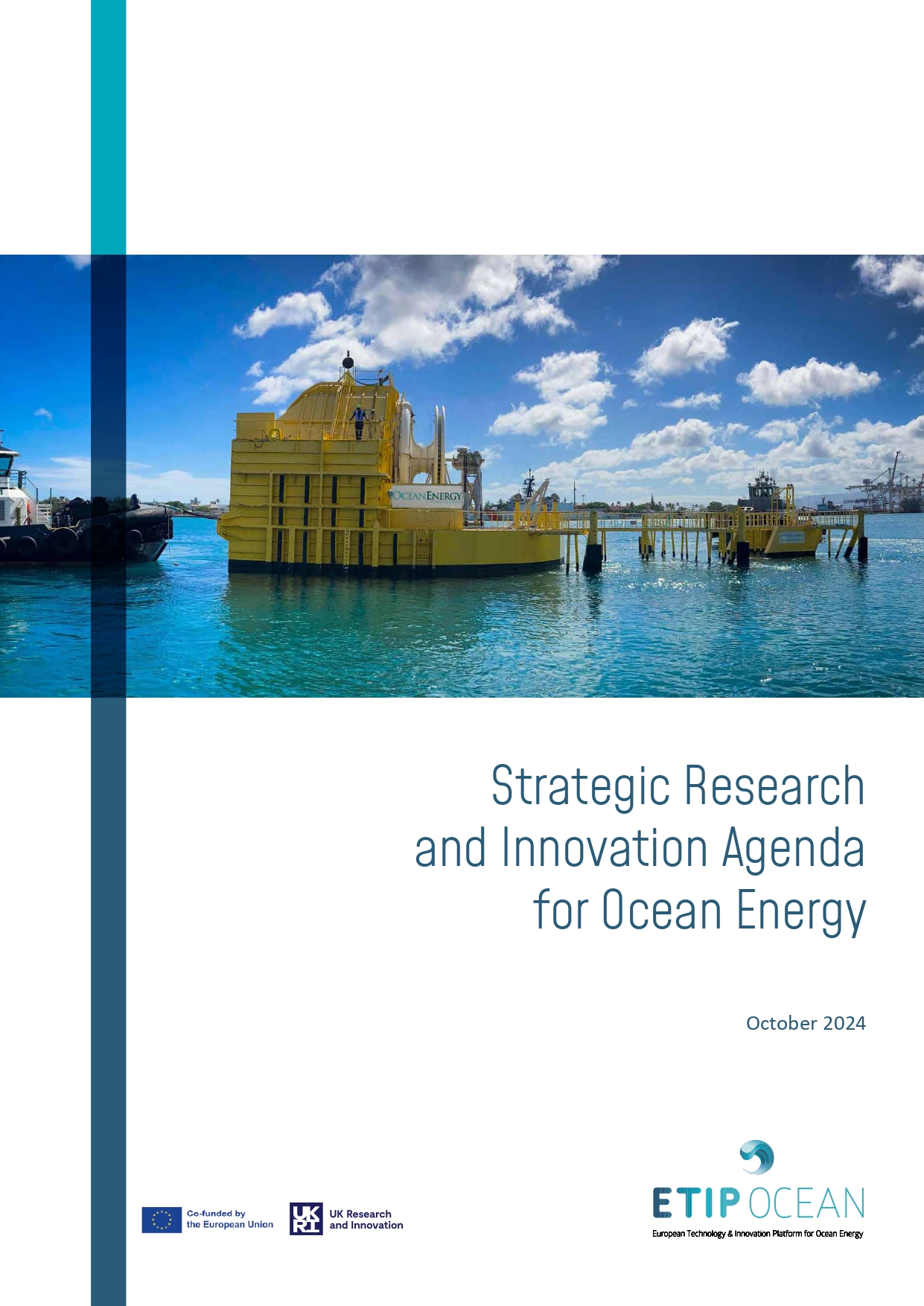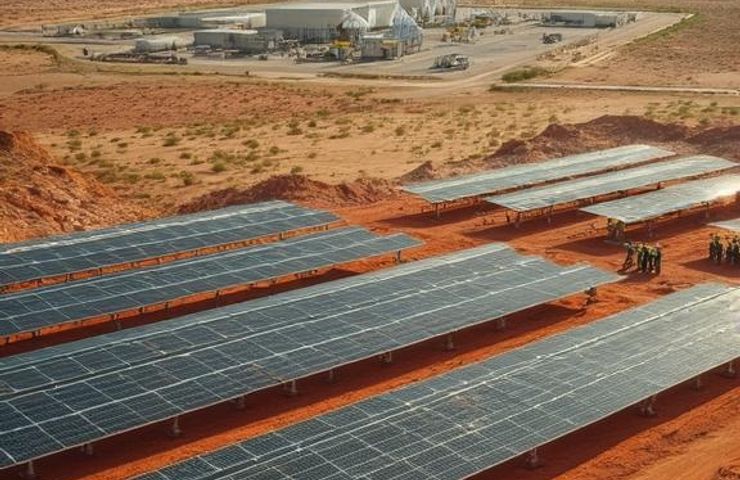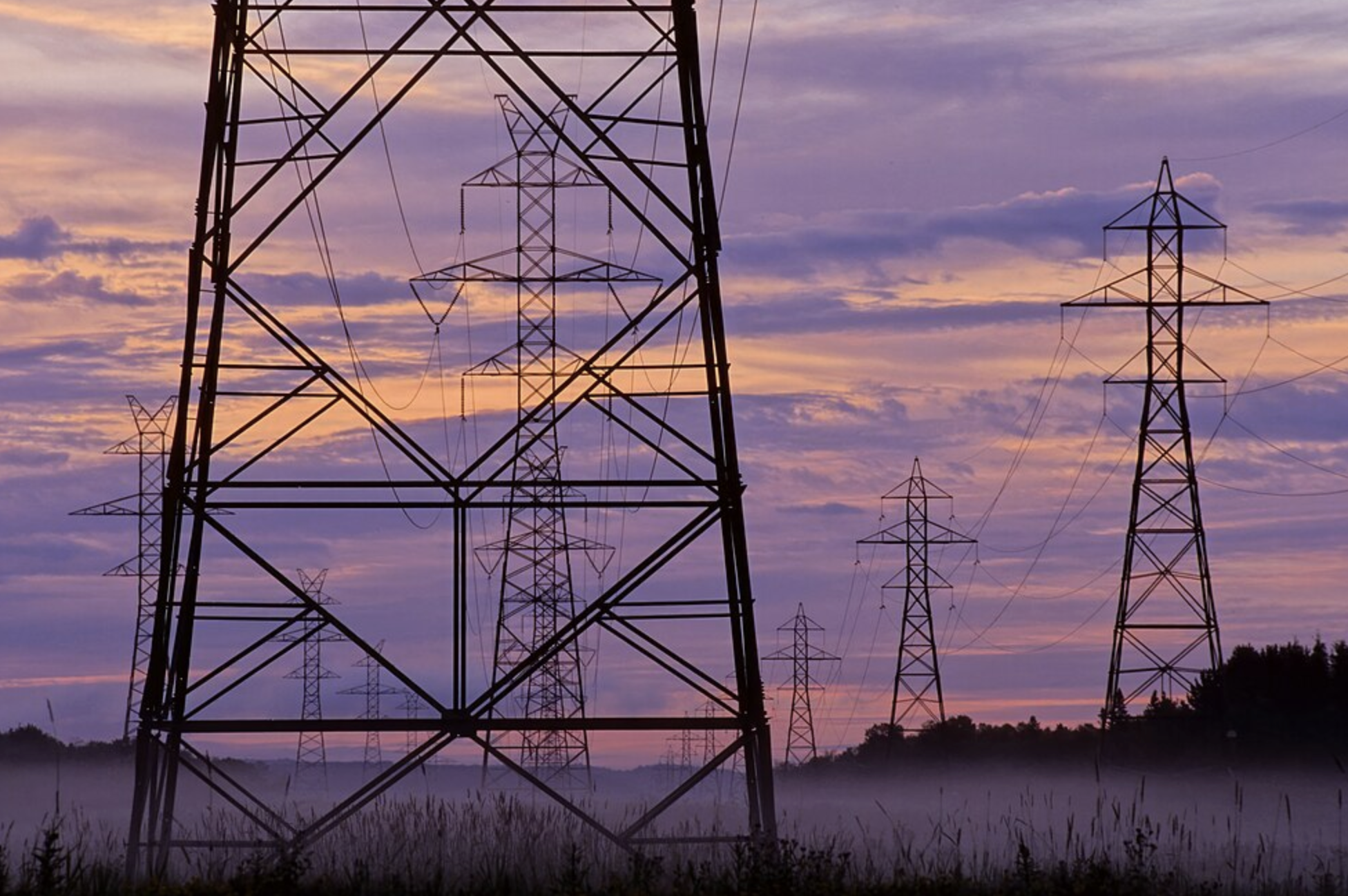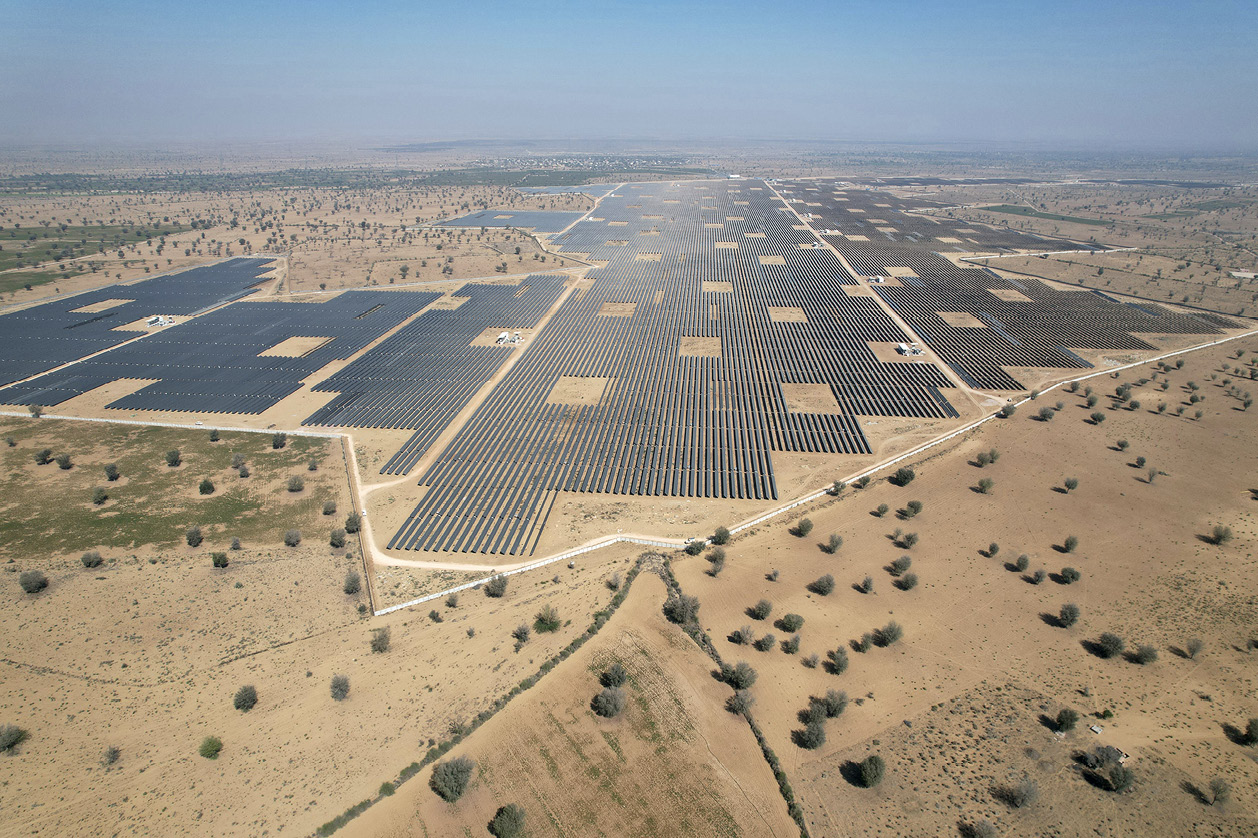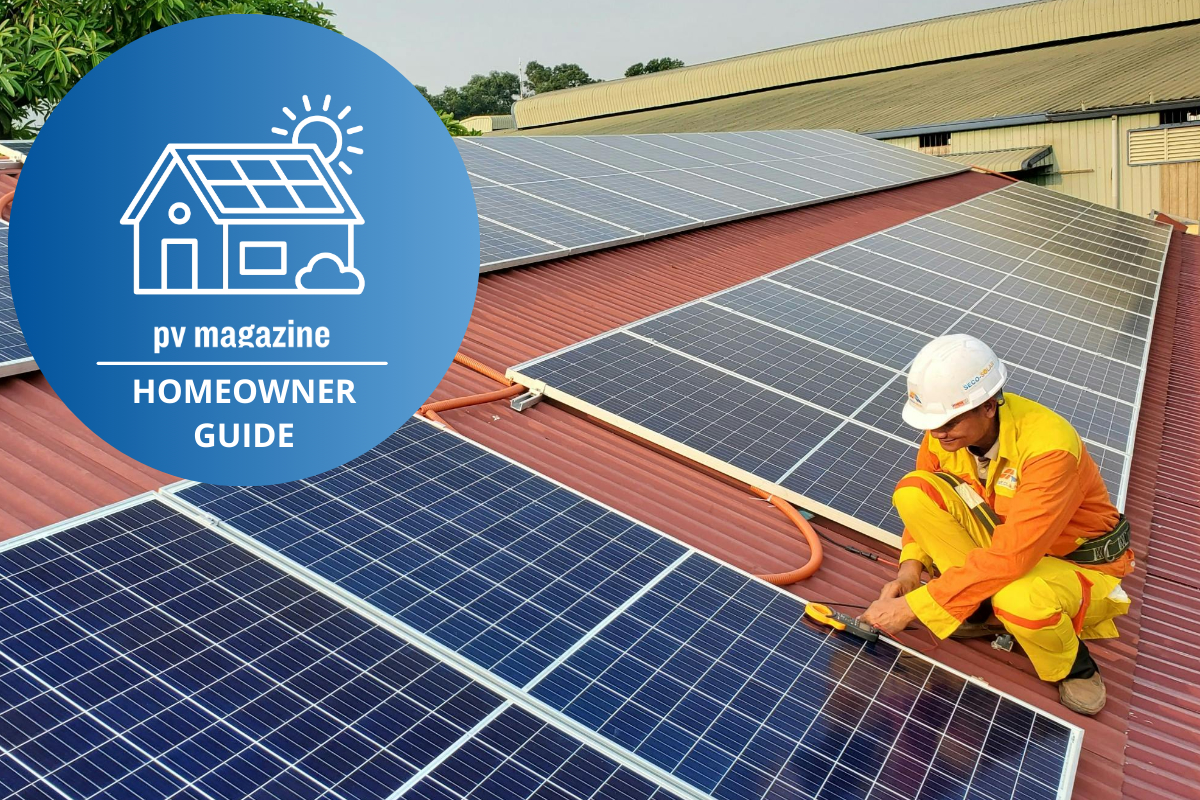Ireland’s new private wire policy could unlock benefits for solar
Large energy users like data centers and manufacturers could gain expedited access to at least 500 MW of solar deemed ‘ready to proceed’ under the new, ‘more enabling’ private wires framework, said Solar Ireland CEO Ronan Power. The updated policy targets national grid congestion, particularly acute near the capital where data centers are concentrated.

Large energy users like data centers and manufacturers could gain expedited access to at least 500 MW of solar deemed ‘ready to proceed’ under the new, ‘more enabling’ private wires framework, said Solar Ireland CEO Ronan Power. The updated policy targets national grid congestion, particularly acute near the capital where data centers are concentrated.
Solar Ireland, the lobby group representing the Irish solar industry has welcomed the State’s approval for a new policy that will allow private sector companies to set up their own private electricity infrastructure.
The ‘private wires’ policy, as it is known, is designed to alleviate current strain on Ireland’s national grid by encouraging companies with high energy loads to invest in separate grid connections for their own on-site renewable energy generation projects in wind, solar, and storage. Approval was secured on July 15.
Ronan Power, CEO of Solar Ireland, told pv magazine that the statement was “a long-awaited step forward for Ireland’s energy landscape.”
“For the solar industry, this clarity opens new opportunities, particularly for behind-the-meter and colocated projects that want to serve large energy users like data centers, manufacturers, or public infrastructure,” said Power.
“We know from our work with our members, that at least 500 MW of solar is already waiting in the wings, ready to proceed under a more enabling framework,” he added.
Solar Ireland is not the only industry body lobbying for private wires. Data center owners Microsoft, Amazon and Google have appealed to the government to allow them to them to connect their Irish data centers directly to solar and wind farms.
The companies reportedly claimed that allowing them private connections would alleviate grid capacity constraints, particularly in the capital, Dublin, where there is a de facto moratorium on new grid connections for data centers.
According to data center research, advisory and procurement marketplace specialist Baxtel, Ireland has 131 facilities, operated by 26 providers, with the majority located in the Greater Dublin Area.
Google has a power purchase agreement (PPA) with Irish solar company Power Capital Renewable Energy for 58 MW of capacity from its solar farm in County Wexford. Many more of these deals could be realized under the new policy framework.
Specific circumstances
The private wires allowance will be granted in specific circumstances. The policy will enable a direct connection between a single generator and customer in cases where it is more efficient or cost effective than having both parties connect to the grid. It will also allow companies to share grid connections, and it will allow companies that self-supply electricity to provide electricity to a neighboring customer where the line does not have to cross land owned by a third party. Private lines will also be allowed for charging electric vehicles (EVs).
“Solar Ireland and our members have been calling for a clear, investable framework for direct connections between renewable generators and electricity users, and this policy gives us the legal foundation to begin building that,” Power said, adding that: “While the scope is currently limited to a narrow set of use cases, it’s a positive signal to developers and investors that Government is listening.”
Power warned that if the technical and commercial rules are too rigid or costly, potential opportunities for solar could stall. “This is particularly important when we look at alternatives being explored by some offtakers, including fossil fuel-based generation,” he said.
“The solution is to make solar and solar-plus-storage the most straightforward, reliable, and cost-effective route to energy security and emissions reduction. That means faster permitting, fair grid access, and flexibility in how projects can connect and deliver.”
The Solar Ireland CEO said the organization would work closely with the government and the utilities regulator to ensure the final policy framework delivers low-cost, clean power.
The policy document will appear before the government in the autumn, according to Darragh O’Brien, Ireland’s Minister for Climate, Energy and the Environment.
Supporting regulations to define standards and processes for granting permission for private wires will also be adopted, with the Minister adding that he would ensure the utilities regulator is fully resourced to deal with the legislation.
What's Your Reaction?














